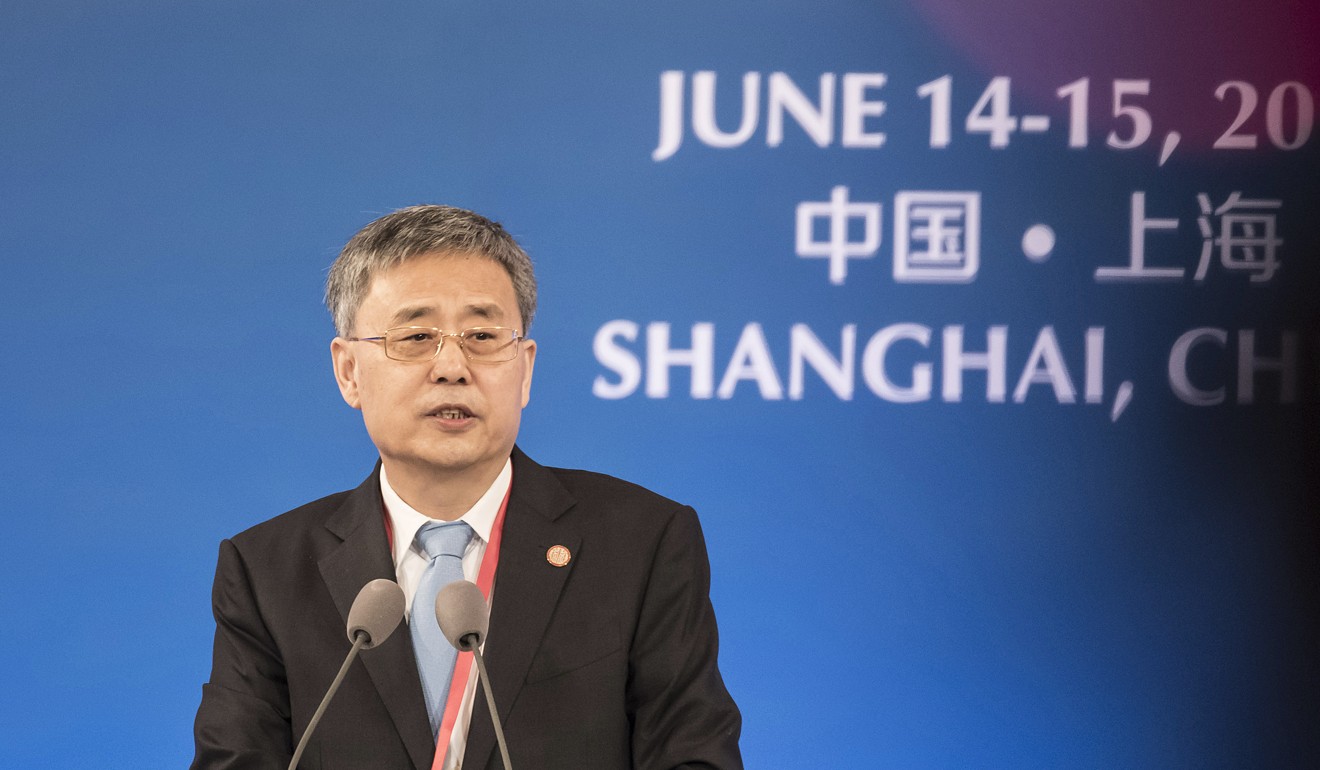
Xi’s sudden embrace of private firms can’t solve China’s economic problems
- This is no conversion to free market principles
- With the state sector overleveraged, the Chinese president is looking elsewhere for a growth boost – but the idea just doesn’t add up
In the last few weeks, China’s leaders seem to have rediscovered their enthusiasm for private enterprise.
This newfound official interest in the health of private companies appears to abruptly reverse the official attitude of recent years, summed up by the oft-repeated phrase “the state advances, the private sector retreats”.
So why the sudden conversion? It’s certainly not that Xi and his cohorts have been reading Milton Friedman, seen the light, and ditched their statist ideology in favour of free market principles.
In the past, the government would have ordered the state sector to ramp up investment, or eased its restrictions on house-buyers to get a boost from rising property prices and accelerated construction.
But today, after successive borrowing and investment binges, the state sector is overleveraged and inefficient. And, as Abacus outlined last week, the housing market in China’s leading cities has been running hot. A stimulative boost just now could lead to dangerous overheating.

So instead Beijing is looking to private business to deliver the growth pickup it is seeking. However, it is unlikely to get the results it wants.
In practical terms, Xi’s promise of support is an order to state-owned banks to ramp up their lending to China’s privately owned companies.
The country’s bankers have long preferred to lend to their party comrades at state-owned companies than to the private sector. Lending within the state sector is a good way to dispense patronage and earn favours as well as advance careers. And, of course, state companies are perceived to enjoy guarantees from their central and local government owners, which means lending to them is seen as a low-risk bet.
As a result, private businesses have been starved of access to formal credit. Although state companies generate only around 40 per cent of China’s corporate profits, and account for a mere 20 per cent of employment, they soak up around two-thirds of all bank lending to business.
If they tell you Chinese property’s in a bear market, it’s bull
In the past, private companies were able to turn instead to China’s shadow financing market for credit. But over the last two years, Beijing’s campaign to cut financial risk by squeezing the shadow banking sector has choked off that source of financing. As result, private companies are finding themselves painfully short of liquidity.
Worse, the private sector’s cash shortage has been exacerbated by China’s state-owned companies, which are notorious for failing to pay their privately owned suppliers on time, often preferring to speculate with the money on the stock market instead.
The consequences can be seen in private sector defaults, which so far this year have reached 37 billion yuan (US$5 billion). That compares with 10 billion yuan for the whole of 2017.
Clearly there is a danger that depriving the private sector of access to funding will deepen the slowdown in China’s economy. In response, policymakers are instructing the country’s banks to increase their lending to private businesses. China Banking and Insurance Regulatory Commission chairman Guo Shuqing, for example, says lending to the private sector should rise from around a third of new corporate lending today to more than half over the next three years.

The hope is that encouraging state banks to lend more to private business will reverse the slide in China’s overall credit growth, putting a floor under the country’s rate of economic growth.
There is a problem, however. In October, total credit growth, including local government bond issues, came to slightly less than 730 billion yuan. That equates to year-on-year growth of a little more than 10 per cent, the slowest in at least 15 years.
Now, imagine that over the next year China’s banks stabilise the growth of their lending to the state sector and households at around 10 per cent. And imagine they respond to the government’s orders by increasing their lending to private businesses by 33 per cent, which is as fast as overall credit grew at the height of the 2009 crisis-response lending splurge. Because lending to private companies is such a small proportion of total loans, overall bank lending will only grow by 15 per cent.
A deal on tariffs won’t end the US-China economic cold war
To put that into perspective, it’s no faster than credit was growing in March last year, when analysts were already getting concerned about a softening of economic growth following the stimulus efforts of 2015 and early 2016.
And that’s assuming China’s banks could safely grow their lending to private sector companies by 33 per cent. In reality, they would face constraints, both in their capacity to assess the creditworthiness of private borrowers and in their ability to secure sufficient high-quality collateral.
In short, while it is encouraging that Beijing might be promising to no longer discriminate against private businesses relative to coddled state-owned corporations, the sudden enthusiasm of China’s leaders for private enterprise is not going to deliver the pickup in economic growth that they are hoping for. As that becomes increasingly apparent next year, and if the economic slowdown deepens, then policymakers will find themselves once again contemplating the kind of infrastructure and property market stimulus programmes they have resorted to in the past, in spite of all the problems of overinvestment and overheating that are likely to accompany them. ■
Tom Holland is a former SCMP staffer who has been writing about Asian affairs for more than 25 years

